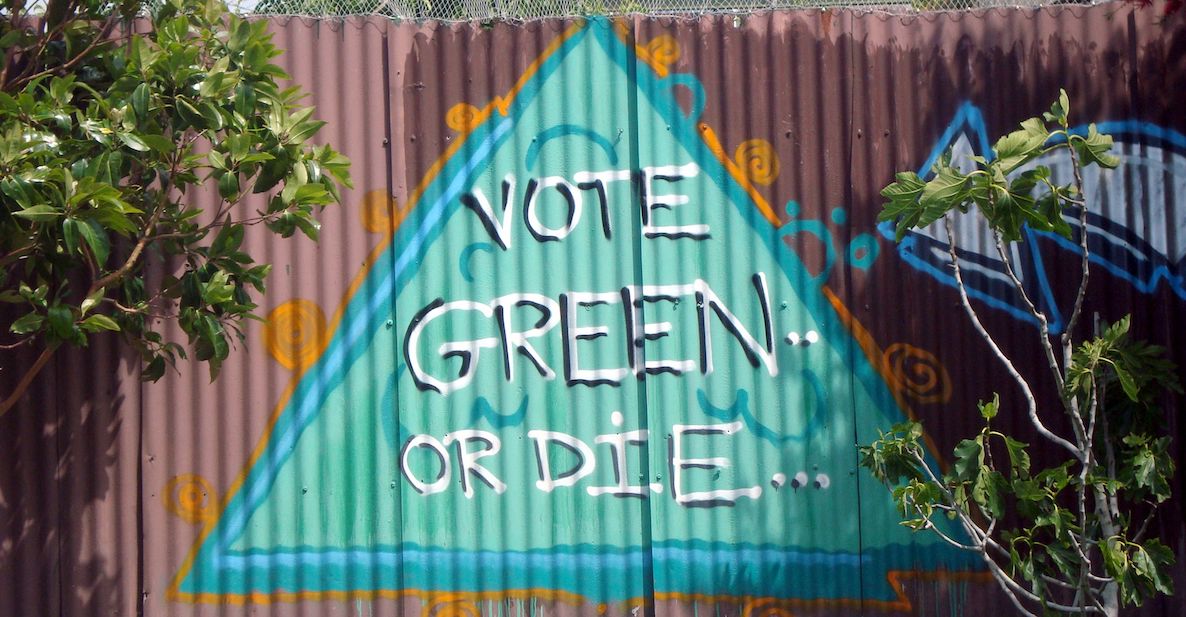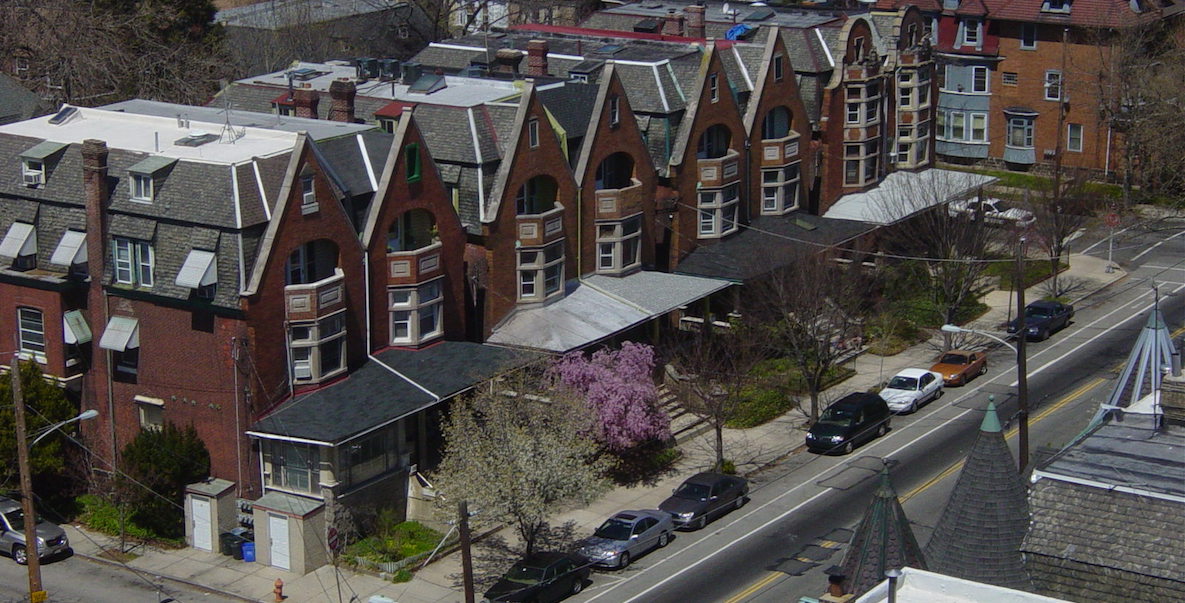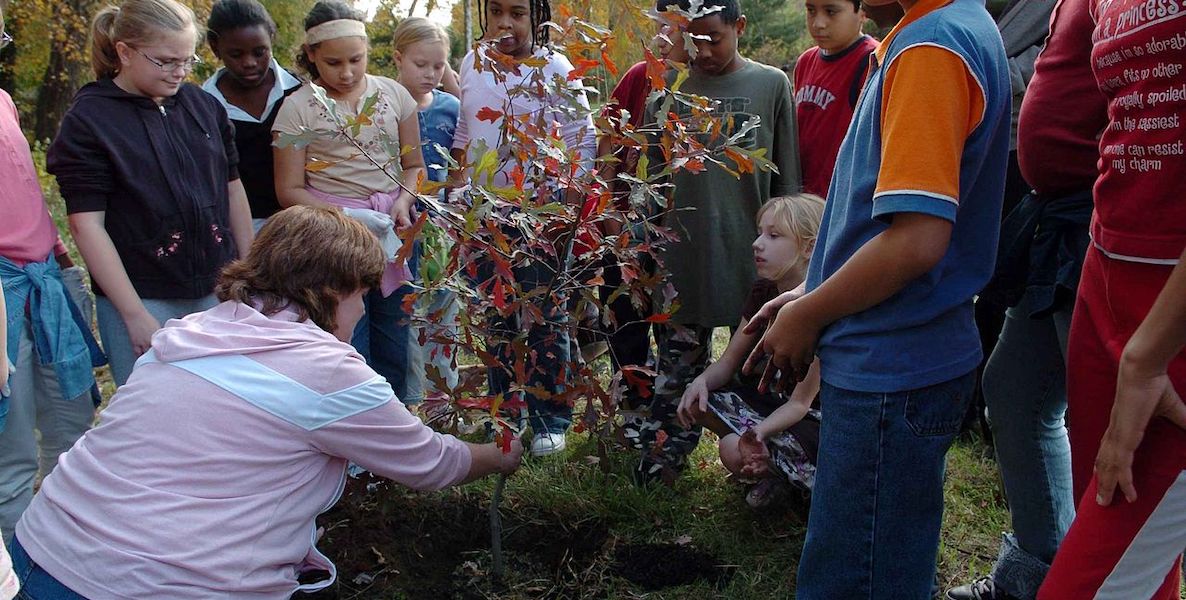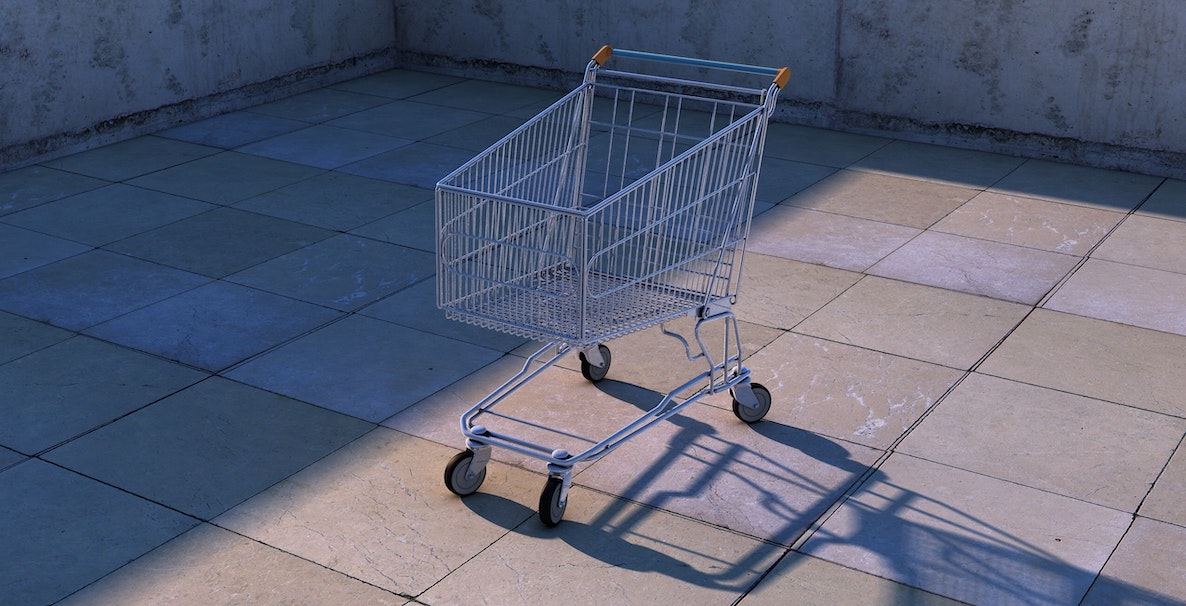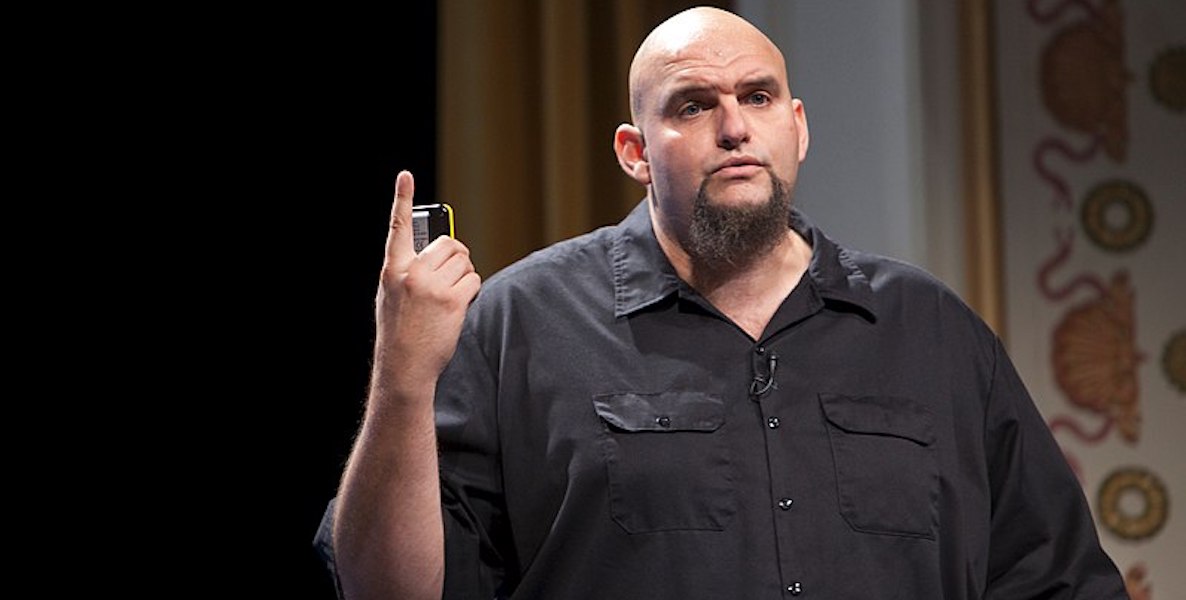There are lot more things to worry about, and fix, in Pennsylvania other than pot.
The Keystone State’s poverty rate is a little over the national average and ranks 23rd out of 50 states, along with a child poverty rate that’s 17 percent. About 1 in every 8 Pennsylvanians are dealing with food insecurity, along with 1 in 6 children. That’s 40 percent of households with children that receive SNAP benefits, which is 62 percent of the total, according to the Center for Budget and Policy Priorities.
It is the 14th most polluted state (out of all 56 U.S. states and territories), according to Pollution Information Site’s Scorecard, in terms of total toxic chemical releases by state. Its flagship city, Philadelphia, ranks high on the American Lung Association’s most polluted city lists, and as the state receives an overall grade of “C-“ on the national infrastructure report card, drinking water systems in the Commonwealth received a “D.” And when compared with other states, Pennsylvania ranked 38th on a 2018 US News & World Report state education performance list.
These challenges don’t even scratch the surface. Nor do they fully capture the poverty-stricken picture in Philadelphia, hotbed of some of the worst socio-economic and environmental indicators in the country. Philadelphia—particularly black Philadelphia—was largely responsible for giving Gov. Tom Wolf and running mate Lt. Gov. John Fetterman the electoral advantage he needed to win his second term over Republican nominee Scott Wagner in 2018. A state-wide listening tour on recreational marijuana, like the one Fetterman is currently doing, doesn’t exactly say “thank you.”
Pot is neither the state’s No. 1 issue, nor among its most prioritized when residents are asked. Neither is it that crucial of a priority for Pennsylvania’s black residents, despite the fact they represent a disproportionate share of the increase in marijuana arrests throughout the state, especially in the Philadelphia region. In Philly alone, black residents make up 76 percent of all marijuana related arrests; in the Philly suburbs, they are 40 percent of marijuana arrests while more than a quarter of all such arrests statewide. That’s an extension of the distressed state of black life in Philly, its suburbs and beyond, aggravated by the continued existence of worsening socio-economic indicators.
How about a statewide tour to address the struggles with public schools? What about talking to folks about that poverty rate, or about jobs? What about public safety? Or, how about taking the time and energy to address the environment?
That’s why when he does show up here (something not yet scheduled) Philly residents would do well to give Fetterman an earful on a grisly list of problems that far outweigh the ideological clash over who gets to smoke weed. And why they should demand a listening tour that is more relevant to their everyday struggles. How about a statewide tour to address the struggles with public schools? What about talking to folks across the city and state about that poverty rate, or about jobs? What about public safety? Or, how about taking the time and energy to address the environment, worsened by fossil fuel industry pollution that Wolf placates? Philadelphia residents, especially the African American ones, weren’t voting for a cannabis-friendly governor. They voted for the candidate they hoped could address these fundamental structural issues plaguing the city.
![]()
For sure, legalizing weed would have its benefits—like an estimated $600 million in additional revenue that could be used to fund schools or infrastructure projects. Colorado and Washington saw an additional $250 million and $320 million, respectively, in “cannabis-related taxes and fees in 2017,” according to Forbes’ Nick Kovacevich. Harrisburg is watching that closely, as well as the revenue trickling in to the 10 states that have thus far legalized recreational use, something that could generate more money and prove less of a regulatory hassle than medicinal marijuana use. While taxes for recreational marijuana still represent small shares of the overall state budgets—it’s just 2 percent of the Colorado state budget, and 1.2 percent of Washington state’s budget, according to an Associated Press analysis—it’s generating enough to either support various programs or stash away in rainy day funds.
Pot is neither the state’s No. 1 issue, nor among its most prioritized when residents are asked. Neither is it that crucial of a priority for Pennsylvania’s black residents, despite the fact they represent a disproportionate share of marijuana arrests.
It may be that Wolf, Fetterman and the state Democrats have finally stumbled upon a budget savior in legalizing weed—more so than the Governor’s push to raise $4.5 billion with a severance tax on the state’s massive and polluting natural gas industry to fix the ailing infrastructure, but which continues meeting stiff resistance from Republican lawmakers. Last month a bill to legalize recreational marijuana was introduced in Harrisburg, with several Democratic co-sponsors. Still, Republican leadership has opposed the idea, despite the fact that their constituents across the state have indicated they favor the change.
That shows how the topic of pot presents a creative bridge or plug-in to the whitest, most rural and suburban locations in the state, places normally unfriendly (and, at times, outright hostile) to blue state overtures. Support for the legalized use of marijuana among Pennsylvania voters has climbed astronomically, from just 22 percent in 2006 to 59 percent in 2017, according to Franklin & Marshall College polling. It is perhaps the most connective of policy topics— similar to how it operates in social or living room settings—and it appears to defy partisan lines and polarization.
For sure, legalizing weed would have its benefits—like an estimated $600 million in additional revenue that could be used to fund schools or infrastructure projects.
This could be something that positively distinguishes Democratic state leadership from bah-humbug Republicans among the white working-to-middle class heading in to 2020 and beyond. It stumps well. Those listening tour townhalls have become standing room only with mostly white residents. They show that whites—contrary to long-held racial stereotypes—do use marijuana at roughly the same rate as blacks do, with white Millennial pot usage higher than that for everyone else. And now with relaxed law enforcement over marijuana in Pennsylvania these same folks are looking to take advantage of a booming cannabis economy. Budding white middle-class entrepreneurs are already thinking how they can penetrate the market, as well.
![]()
That’s an attractive proposition for Trump Country voters in Pennsylvania who gave the Commonwealth a way to the current clown in the White House, and state Democrats are banking on it working as a defense mechanism to retake the state for president in 2020.
But let’s get real: What Democrats really need to take back the state in 2020 is Philadelphia, and black Philadelphia in particular. African American voters who helped Barack Obama sail to victory in Pennsylvania stayed home in large numbers in 2016. Without them, Hillary Clinton lost the state—and the election. A listening tour on quality-of-life in Pennsylvania, gauging the pillar economic and social challenges state residents face, would have been far more effective than a listening tour on pot. And making his second and last term about those issues would give Wolf a legacy he could take with him to a possible Senate race—and to national Democrats looking for him to deliver the state.
Charles D. Ellison is Executive Producer and Host of “Reality Check,” which airs Monday-Thursday, 4-7 p.m. on WURD Radio (96.1FM/900AM). Check out The Citizen’s weekly segment on his show every Tuesday at 6 p.m. Ellison is also Principal of B|E Strategy, catch him if you can @ellisonreport on Twitter.
Photo via Wikimedia


